14.02.2022/XNUMX/XNUMX / Tips & things worth knowing
Postcolonialism and volunteering Part I: Much discussed, but rarely explained
"Postcolonialism", a cumbersome term: volunteer work is repeatedly criticized for maintaining or even promoting postcolonial structures. We are investigating the question: What does postcolonialism have to do with RGV and with you as a volunteer?
The providers of Volunteering abroad are often accused of maintaining postcolonial power relations or even establishing a form of neocolonialism through their local work. We see it differently: Responsible volunteering can contribute to the dismantling of post-colonial ways of thinking, provided that the necessary awareness of this sensitive topic is created. In this post you will learn what postcolonialism is, what the issue has to do with you and what RGV is doing to counteract postcolonial thinking.

What is colonialism?
Colonialism means the violent occupation of foreign lands, With the occupation of foreign territories in Africa, South America and Asia, the European colonial powers came to commodities such as gold or spices and helped their own economy to a decisive upswing.
Thereby But they often destroyed the local economies and repressed cultural traditions, knowledge and education systems. The occupation was often justified by a racial devaluation of the local population as "uncivilized" or "unable" to manage themselves. The colonial powers regarded their own culture as more sophisticated and superior.
What is Postcolonialism?
Postcolonialism describes the period after colonialism and the dissolution of colonial structures. The Postcolonialism theory assumes, however, that elements of colonialism still exist. Even after its end, in the early 1960s, There are ways of thinking about dominance and oppression and structural dependencies still persist. The world is viewed as one in which there is a “better” and a “worse” half. Exactly this gradation has to be broken!
Many of our target countries have a colonial past. For example, Ghana was formerly occupied by German, English and French colonies and Namibia was also a German colony in the past. You can see on site: The colonial past is still noticeable today in different ways.
What are we doing by RGV to reduce postcolonial thinking?
We try to counteract post-colonial ways of thinking and structures by consciously dealing with this problem and encouraging our volunteers to do the same. Based on the work of our local teams, we offer responsible voluntary work and internships abroad at. Our goal is not to impose our Western values on people, to show them "how to do it right" or to promote dependencies, but rather to work together on an equal footing, We are active on several levels:
- We promote the mutual professional and intercultural exchange. The people in your target country can benefit from this, but so can you! Getting to know a different way of life helps Avoidance of intercultural misunderstandings with a deeper insight into global context - including your own position.
- We have Standards for social responsibility developed, which we adhere to and which also apply to you as a volunteer. In this way we can ensure the good of everyone involved and a meaningful and sustainable project work .
- We work at eye level with the teams at our locations and the host families. We support existing facilities and projects in which additional help is needed and orient ourselves to the needs of local people, The projects are managed by "locals". You and our RGV teams in the country can best assess what help is needed where.
- We prepare you comprehensively for your stay abroad - with a personal consultation, the provision of information material Travel preparation, an onlinepreparation seminar and introductory events in your destination country. So we want a reflected and meaningful volunteer work as well as a Awareness of postcolonial thinking enable.
With your support as a volunteer, we want a small but valuable one Contribution to improving local situations in our target countries afford abroad. It is particularly important to us that we work together on an equal footing and work with you to promote the dismantling of post-colonial ways of thinking.
Here you can find out more about how you avoid postcolonial ways of thinking as a volunteer can!
More projects that interest you could
Have you not yet discovered a suitable program for your time abroad? No problem, we will present you more Volunteer projects abroadthat might pique your interest.
Are you perhaps still at the beginning of thinking about your trip and have no idea what might be right for you? Whether you want to go abroad as a volunteer for a short time, or if you prefer FSJ up to 12 months abroad afford? Maybe there is one Internship abroad in a specific subject area the best way for you to gain experience abroad?
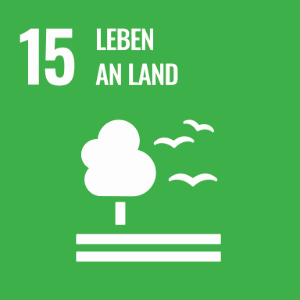
South Africa | wildlife
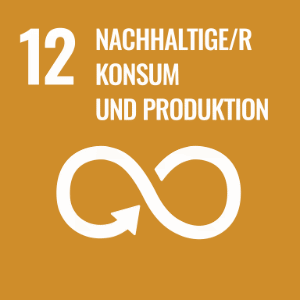
Uganda | farm work
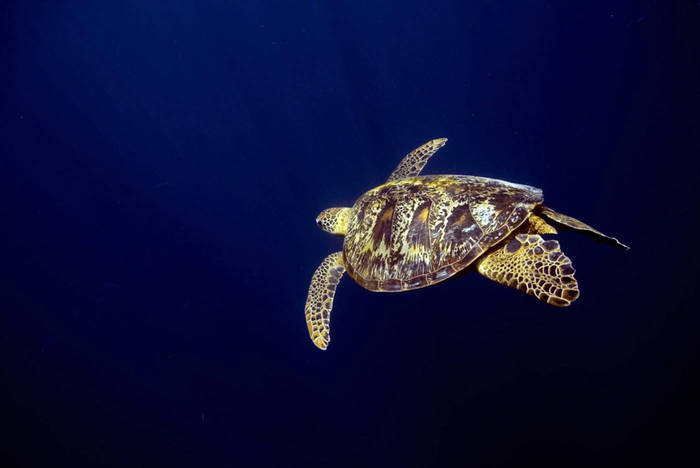
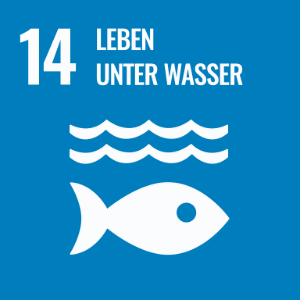
Tanzania & Zanzibar | turtles
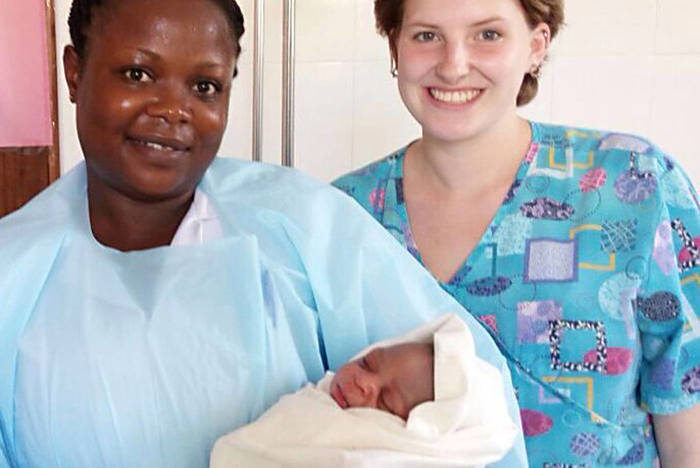
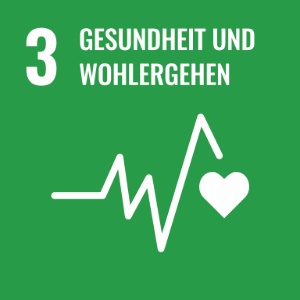
Ghana | obstetrics
